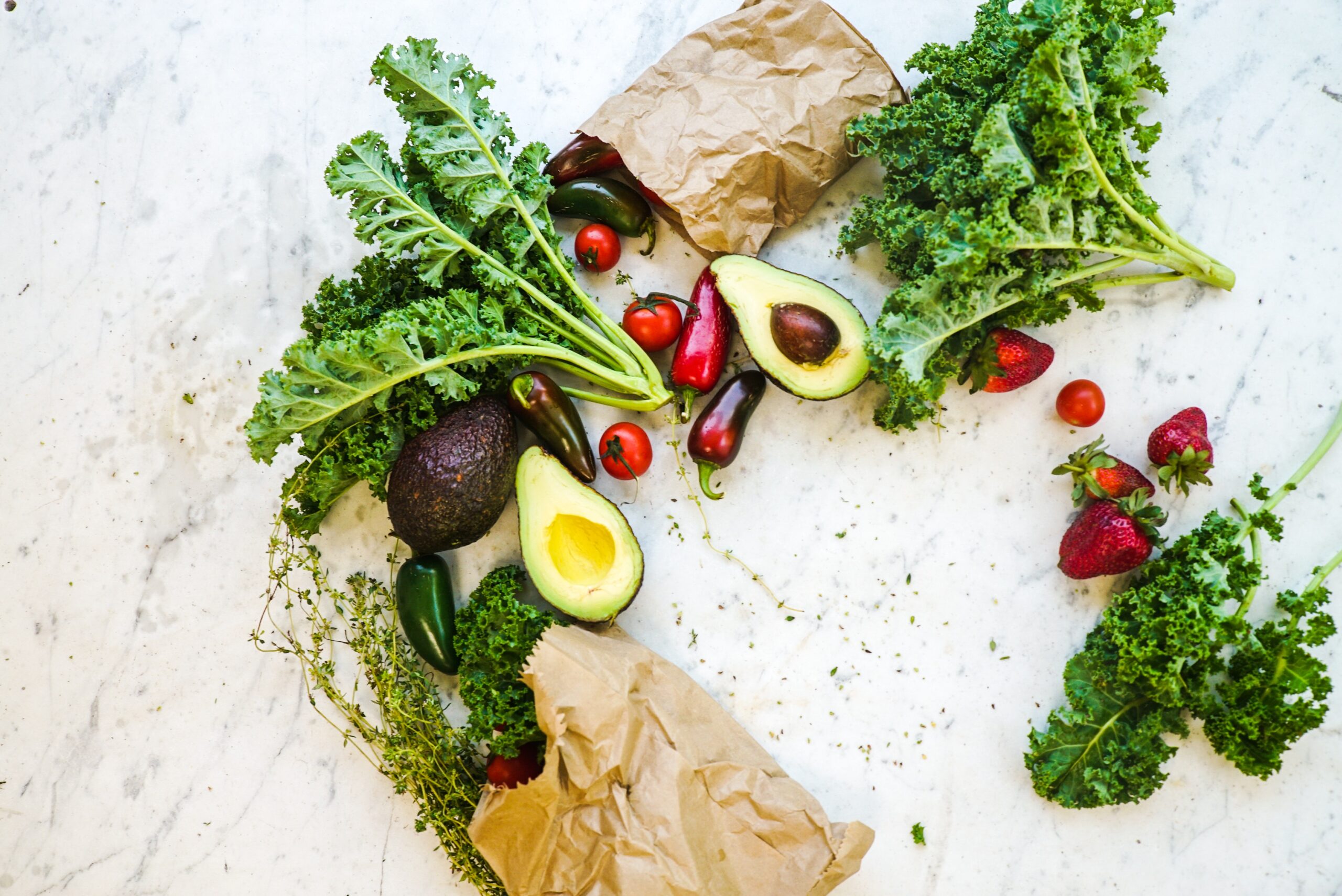Inflammation is often associated with redness, heat, swelling, and pain. But this response by the body is a defense mechanism to protect itself against any external agent that can cause harm. However, this response can become persistent and wreak havoc on our health if not managed well. When inflammation occurs abnormally, the result is chronic inflammation—a condition in which the immune system remains activated and cannot return to homeostasis. This constant state of immune activation makes individuals more prone to diseases like rheumatoid arthritis, lupus, atherosclerosis, and several others. Apart from genetics and certain conditions like smoking or obesity, food also plays a significant role in causing or preventing inflammation in the body. An anti-inflammatory diet works effectively to combat chronic inflammation by reducing pro-inflammatory compounds and increasing anti-inflammatory compounds through various foods outlined below.
Certain foods have pro-inflammatory properties and are known to cause inflammation. This can be prevented by avoiding these foods in the daily diet. Some examples include processed foods, refined sugar, dairy products, eggs and meat, soy products, grains, and legumes. Processed foods are refined and lack nutrients, which makes them a poor source of vitamins and minerals. Instead, they contain chemical preservatives that are pro-inflammatory in nature. Coffee and soda are rich in caffeine, which is a pro-inflammatory compound. Sugar is another pro-inflammatory compound that is abundant in processed foods. Eating dairy products can increase uric acid levels in the blood, which can cause joint pain and swelling. Eating eggs and meat increases chronic inflammation in the body due to the high levels of pro-inflammatory omega-6 fatty acids present in these foods.
Certain foods that are considered anti-inflammatory can be consumed to reduce inflammation and prevent future disease. Some examples include vegetables, beans and legumes, avocados, oatmeal, salmon, olive oil, and dark chocolate. Vegetables are a great source of antioxidants, which help combat harmful free radicals and prevent chronic inflammation. Vegetables can be eaten in a variety of ways, such as roasted or steamed, or can be used in soups and salads. Bitter foods like broccoli, cauliflower, and leafy greens are rich in flavonoids and are considered anti-inflammatory compounds. Bitter foods can be added to soups and stews for a richer taste.
Omega-3 fatty acids are a rich source of anti-inflammatory food that can be included in the diet to reduce inflammation. Some examples include salmon, mackerel, herring and sardines, walnuts, flaxseeds, chia seeds, and hemp seeds. Fish and seafood like salmon, mackerel, and herring are rich in omega-3 fatty acids that can be used as a natural remedy to reduce joint pain and swelling. Flaxseeds are another great source of omega-3 fatty acids. They can be eaten raw or added to smoothies or sprinkled on salads or yogurt. Chia seeds and hemp seeds are also rich in omega-3 fatty acids that can be used in a variety of ways, including in salads or sprinkled on yogurt.
An anti-inflammatory diet can be a great way to reduce chronic inflammation. With the help of consuming certain foods, you can boost your immune system and prevent diseases such as diabetes, heart disease, and arthritis. However, it is important to keep in mind that it is not enough to simply eat anti-inflammatory foods. You must also avoid pro-inflammatory foods. With a little bit of research, it is easy to discover which foods are anti-inflammatory, and which are pro-inflammatory. With the help of an anti-inflammatory diet, you can significantly reduce your chances of developing a chronic disease and stay young and healthy longer.

